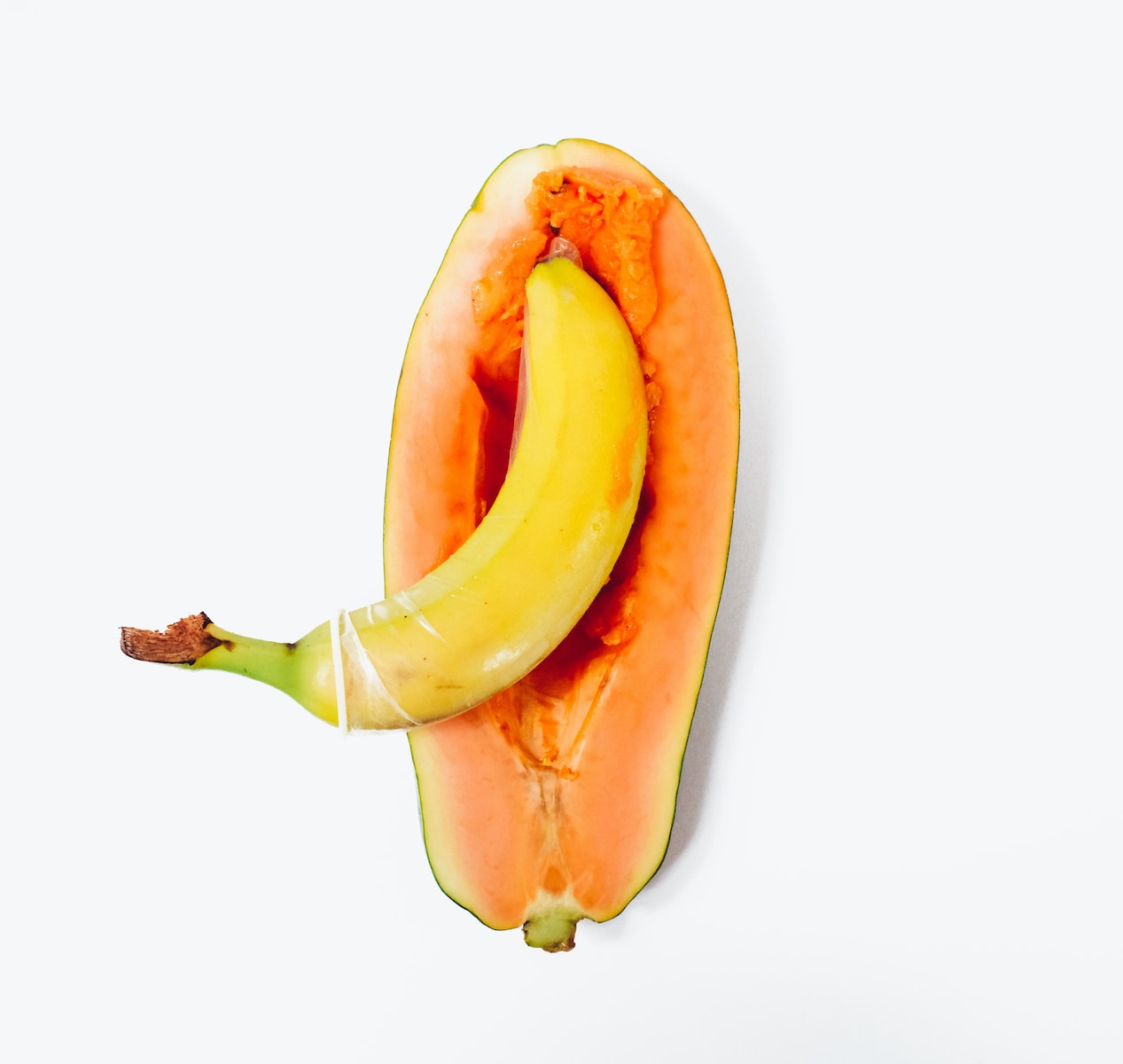Bloating can be a real buzz kill when it comes to enjoying sexual intimacy. The good news is, it’s usually temporary.
Penetrative sex can push air into the vagina or anus, and this trapped gas can cause pain and bloating. Penetrative sex can also lead to a bacteria imbalance in the vagina, which can trigger yeast infections and bacterial vaginosis.
Hormones
Bloating is often caused by excess water or gas in the digestive tract. Having sex can trigger these processes, leading to uncomfortable stomach aches and a feeling of fullness. However, the relationship between sex and bloating is complex. It can be attributed to a variety of factors, including physical activity, swallowing air, and positioning during sex. In addition, certain hormones can cause bloating after sex. In this blog post, we explore the connection between sex and bloating and provide some tips on how to reduce discomfort.
In some cases, bloating after sex is a sign of an underlying issue. For example, if you have a latex allergy, sex could lead to inflammation or irritation. In other cases, bloating after sex may be caused by a food intolerance or an infection. If you experience bloating after sex on a regular basis, it’s important to consult with a healthcare professional for further evaluation and guidance – This piece is the culmination of the service team’s brainstorming sessions sexxmoi.com.
The good news is that bloating after sex is not uncommon and in most cases, it is temporary. By staying hydrated, practicing relaxation techniques, avoiding foods that cause bloating, and experimenting with sexual positions, you can reduce discomfort after sex. If you’re experiencing persistent bloating, it’s important to consult with naturopathic physician for further evaluation and guidance.
Retroverted Uterus
If you’ve ever sat down to enjoy post-coital bliss, only to find yourself feeling more bloated than glowing, this could be because you have a retroverted uterus (also known as the tipped uterus). During a normal pregnancy, your uterus tilts forward so that its top (fundus) lies over your bladder and your lower back. But in a small percentage of cases, the growing uterus can get snagged on pelvic bone (usually the sacrum), causing pain and making passing urine difficult. This is called an incarcerated uterus and can increase your risk of miscarriage.
A retroverted uterus is usually present at birth but can also result from conditions like pelvic inflammatory disease and endometriosis, which cause adhesions that pull the uterus out of its normal position. It can also happen after childbirth when the muscles and ligaments in the pelvic floor stretch and weaken. It’s also more common in women who have a history of sexually transmitted infections like chlamydia and gonorrhea.
Most of the time, having a retroverted uterus doesn’t cause any symptoms. You can be diagnosed with it during a routine pelvic exam or during a Pap test. However, some women may be able to tell when it’s impacting their experience of sex, especially when they’re having painful sex. If this is the case, your doctor might recommend a few simple exercises to reposition the uterus.
Irritable Bowel Syndrome
Irritable bowel syndrome is a disorder that causes pain in the abdomen and changes in bowel movements. It can cause diarrhea or constipation, or both, and it can last for a few days to multiple months. It can be very painful, but it doesn’t damage the colon. It’s often triggered by foods that are high in fat, dairy, or caffeine, as well as emotional stress and anxiety.
In IBS, nerves in the colon send mixed messages to the intestines, which causes them to contract and relax at different times. This can make your bowel movements faster or slower and trigger gas and bloating. It can also be caused by infections, hormones, or even moving or having children.
There’s no test to diagnose IBS, so doctors will ask about your symptoms and do a physical exam. They may also suggest keeping a food diary to see what might be triggering your symptoms. They can help you change your diet to avoid the triggers, such as avoiding gluten and following a low FODMAP diet. This can help reduce your symptoms and ease the bloating.
Food Intolerances
Bloating is a feeling of fullness and tightness in the abdomen, which can be uncomfortable or painful. It can also be accompanied by stomach pain, burping, abdominal rumbling or gurgling and excess gas. It is caused by a buildup of gas in the gastrointestinal tract, which runs from the mouth to the anus. Bloating can occur due to many factors, including overeating, food intolerances, or medical conditions. Bloating is usually a sign of an underlying condition and it is important to seek medical attention if symptoms persist.
In some cases, sex can cause bloating because of the positions used and physical movements. For example, when doing oral sex, air can become trapped in the throat and intestines leading to pain and bloating. Additionally, certain sexual positions, such as Doggy Style or Missionary, can also result in bloating because they place pressure on the abdomen.
Other causes of bloating after sex include unprotected sex, a bacterial imbalance in the vaginal tract, irritable bowel syndrome and even a retroverted uterus. Typically, bloating should disappear after a few hours but if it doesn’t or it is a persistent issue, then it’s a good idea to consult a doctor. They can help you to identify the underlying cause and provide a treatment plan. They may suggest a change to your diet, the use of digestive aids or medical treatments such as antacids, antibiotics or GI massages.

